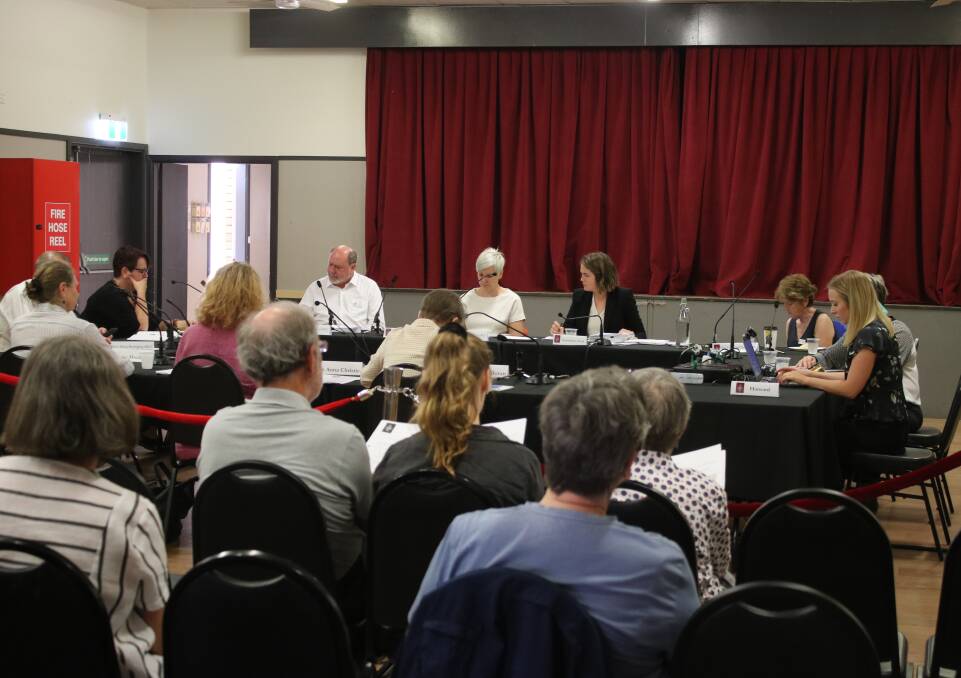
It will take all hands to the wheel to save our koalas - and action cannot be delayed; that is the warning from a Tamworth ecologist and an ex-Gunnedah koala researcher.
Subscribe now for unlimited access.
$0/
(min cost $0)
or signup to continue reading
Phil Spark and John Lemon were among 12 witnesses who spoke at a Gunnedah hearing on Friday for a NSW inquiry on koala population decline and preservation.
Read also:
Mr Spark said the talks had lit a fire under him and he was talking with koala carers, koala hospitals and the Office of Environment and Heritage about what can be done - now.
"I suppose it really hit me after that inquiry - talking about doom and gloom, life and death - what's the government going to do about it? If we wait for the government, it may or may not happen and we may have a crisis way before anything is implemented," he said.
"We need to get on with it now and have these discussions. Right now I'm trying to organise a meeting of people to ... come up with what we can be doing that's better.
"We could be talking about a very narrow window of opportunity ... it's not going to be simple and it's not going to be quick."
Mr Lemon believes the koala population in the Gunnedah basin has been "decimated by a minimum of 50 per cent and possibly as high as 75 per cent". Ancient trees are following suit, reducing food availability.
"[Those numbers] are based on pretty sound personal observations - and I've spoken to a lot of landholders," Mr Lemon said.
"I think it's so dire that, in the next three to five years, we will be looking at establishing refugia areas on the riparian areas, along the creeks, where there's good healthy habitat."
If we wait for the government, it may or may not happen and we may have a crisis way before anything is implemented.
- Phil Spark, ecologist
Fires, drought, heatwaves, chlamydia and habitat-clearing are among the major problems, so Mr Spark and Mr Lemon agree clearing needs to stop, more water stations established and remnant vegetation connected.
Mr Lemon said carers also needed "financial and emotional support".
"We're into triage territory, and we need to get a lot of people with a lot of ideas together and get it done," he said.
Mr Spark said it was clear from the witnesses' statements that "we're on the brink of a crisis" and the issue is not only climate change but the prevalence of chlamydia - "the population is not replacing itself".
"I think the panel were pretty shocked. It spurred myself into action, because I think it's doubly bad if you know something is happening and you don't do anything about it ... we've been working on scenarios to help the carers and we've had offers from Port Macquarie koala hospital who could take some of our koalas into captive breeding programs."
- The report is due for release in mid-2020.

